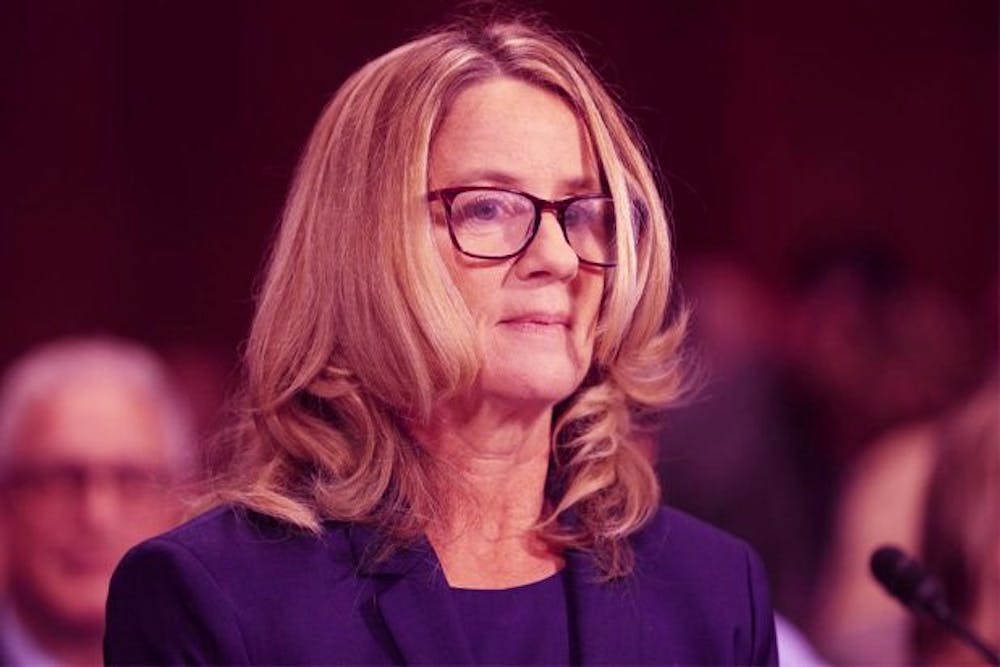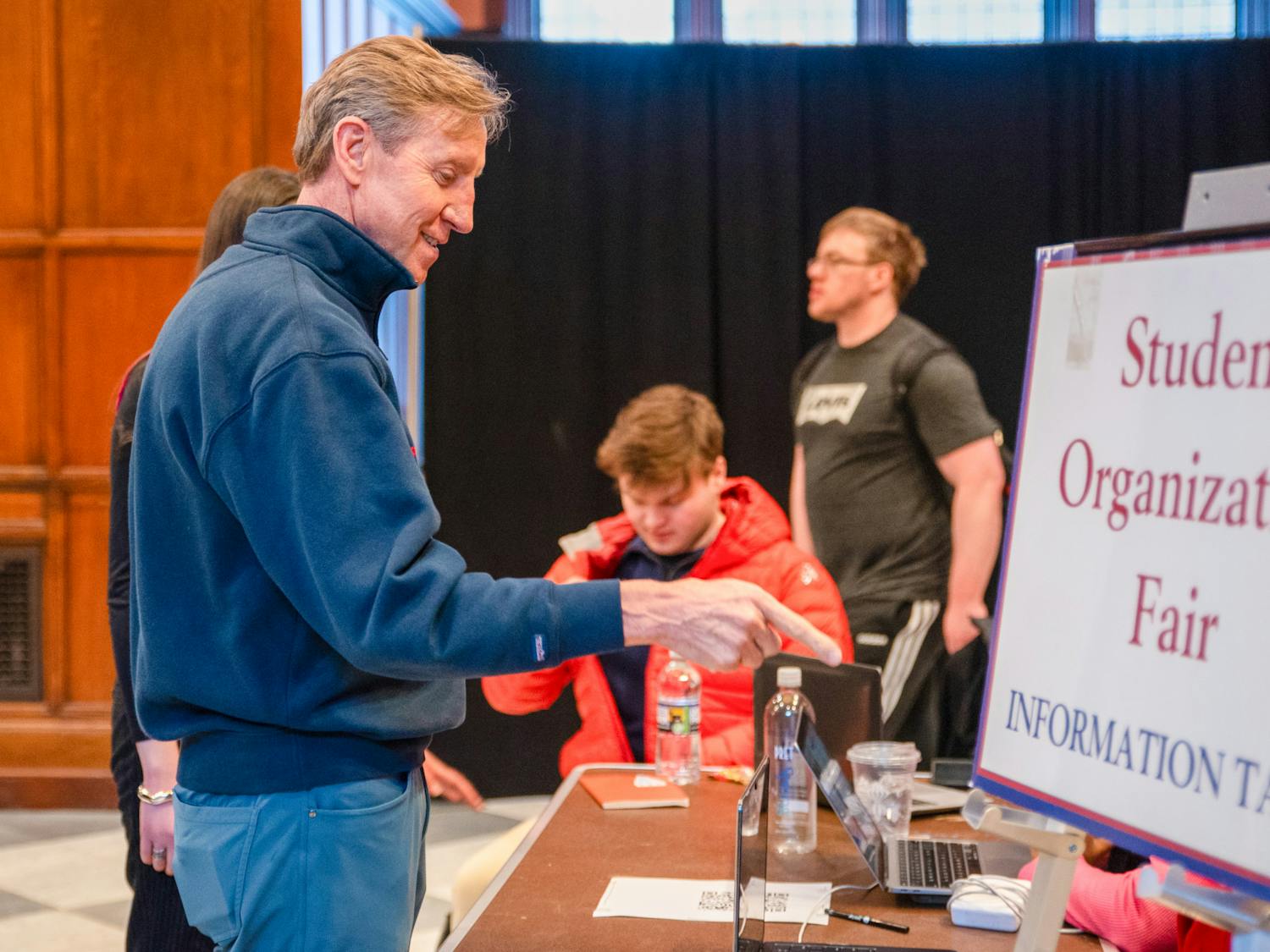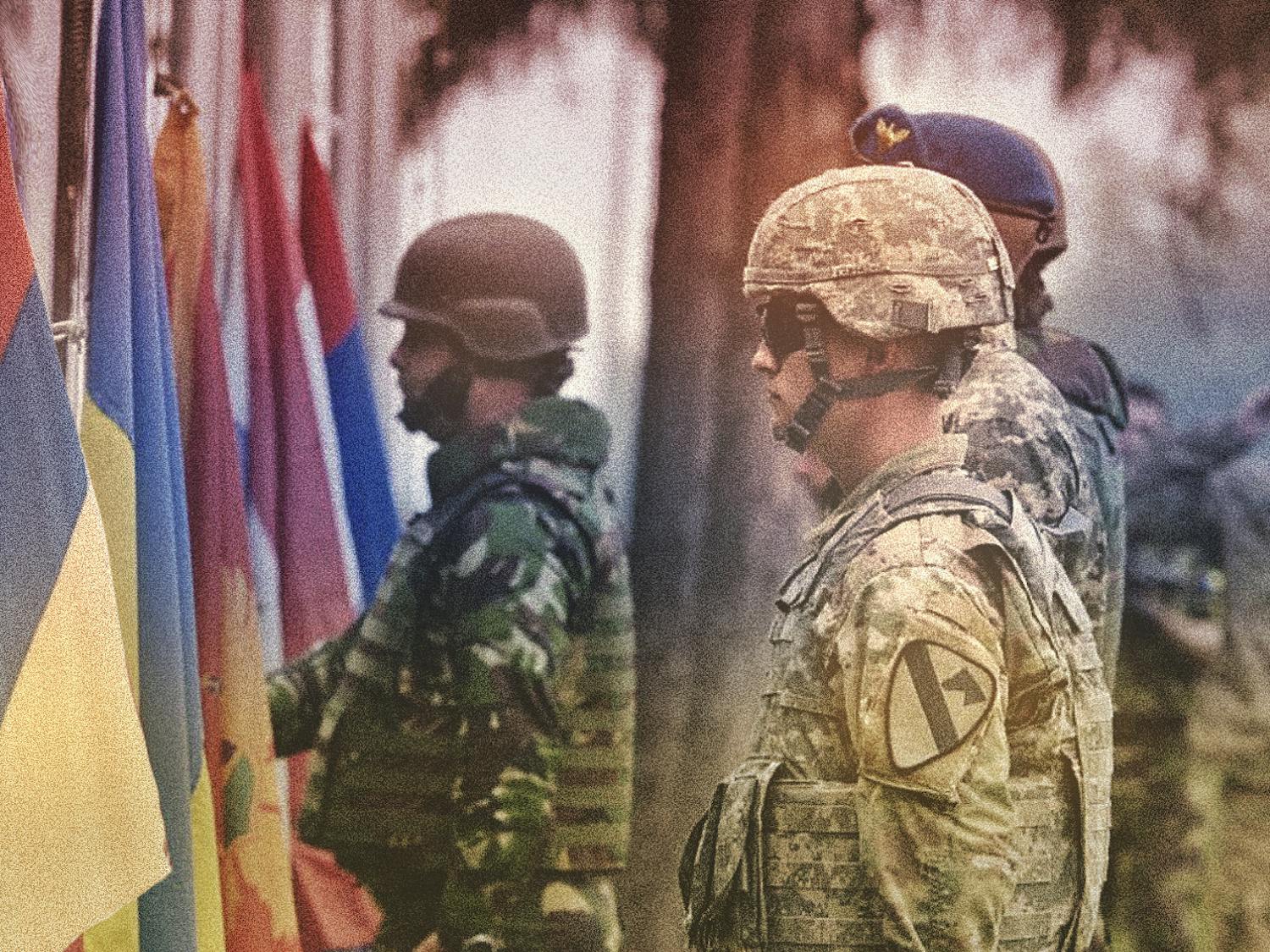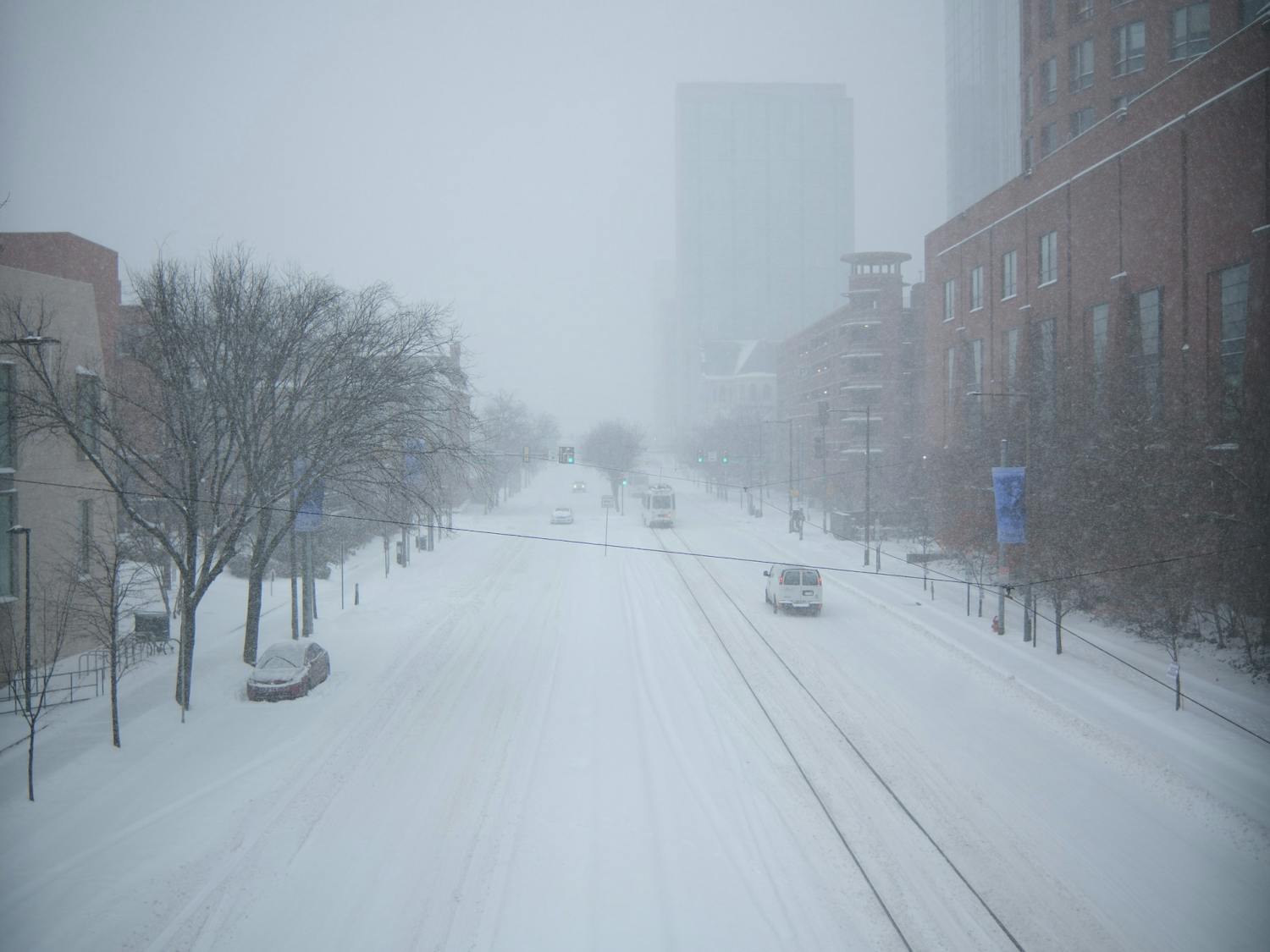The summer after my freshman year at Penn, I was raped by another student.
I have spent the years since then grappling with this fact and when I considered speaking up, I experienced thoughts that many survivors experience: nobody will believe me, I should not have been at the party, if I speak up it will hurt his reputation, he is so wealthy and powerful that nothing could ever be done about it.
Do these thoughts sound familiar? They should, because they are many of the thoughts that Dr. Christine Blasey Ford echoed during the Kavanaugh hearings. The survivor’s fears of not being believed or, worse, being blamed for the trauma they endured are overwhelmingly common and overwhelmingly devastating feelings experienced after sexual assault. The sheer amount of parallels between Dr. Ford’s experience of sexual assault and mine is horrifying, and at the same time, not at all surprising.
Around 80 percent of rapes that occur are acquaintance rape, done, for example, by a boy in your high school class or someone who lives on your freshman floor. It is also important to note that the trauma does not stop after the encounter. RAINN (Rape, Abuse, and Incest National Network) lists depression, flashbacks, and post-traumatic stress disorder as three common results of sexual violence. Further, they mention that many survivors also experience self-harm, STIs, substance abuse, dissociation with others, eating disorders, sleep disorders, and suicide.
In light of these serious effects of sexual assault, it is appalling that so many politically powerful people, including President Trump, find it appropriate to suggest that Kavanaugh’s life has been unfairly torn apart due to an accusation about something that occurred in his teenage years. In reality, it is unfair that Dr. Ford and other survivors of sexual assault have to deal with the myriad effects of the trauma they experienced, during their teenage years or whenever the assault occurred, for the rest of their lives.

Speaking up about an experience with sexual assault requires courage because of situations such as these. According to the National Sexual Violence Resource Center, an estimated 63 percent of sexual assaults are never reported to the police. The Center estimates that merely 2-10 percent of these are false accusations, which is an astoundingly low percentage that overwhelmingly suggests we should believe survivors who speak up. A report published by the NSVRC states that those who do report face barriers including feeling “that their victimization has been redefined and even distorted by those who investigate” or that they will not be believed because they do not have a completely clear memory of the event.
While Dr. Ford’s testimony was not part of a criminal trial, it is not hard to see the overlap between this sentiment and what occurred to Ford as she appeared before the Senate and had her memory of her assault questioned and doubted. The President even went so far as to mock her difficulty recalling the exact details of the night in a way that did not even accurately portray what she had said.
My story of being personally affected by the Kavanaugh hearings and his subsequent confirmation to the Supreme Court is far from unique. Since news of Dr. Ford’s experiences began making headlines, many survivors of sexual assault have come forward echoing sentiments similar to mine. Dr. Ford’s treatment during her testimony, the rhetoric around her testimony, and Kavanaugh’s confirmation in spite of her testimony have reinforced many survivors’ worst fear: our experiences will not be believed and valued.
We need to do better. We need to vote for people who would not allow this to happen. We need to eliminate rape culture. And, most importantly, we need to believe survivors. There are groups across the nation and on Penn’s campus doing this work. There are people who care and who believe and who are trying to help those who are affected by sexual violence. As the Chair of Abuse and Sexual Assault Prevention, I am one of those people and I want it to be known that I believe survivors and I believe that we can do better.
KARA HARDIE is a College senior from Foxboro, Mass. studying health and societies. She is the Chair of Abuse and Sexual Assault Prevention. Her email address is khardie@sas.upenn.edu.
Resources available:
Special Services Unit in the Division of Public Safety (Confidential)
4040 Chestnut Street
24 Hour Helpline: 215.898.6600
Penn Women's Center (Confidential)
3643 Locust Walk
Tel: 215.898.8611
Staff Hours: 9:30am-5:30pm, Monday-Friday
Counseling and Psychological Services (CAPS) (Confidential)
3624 Market Street, 1st Floor West
Tel: 215.898.7021
Hours: 9:00am-5:00pm: Mon & Fri. 9:00am-7:00pm: Tues, Weds & Thurs. 10am-3pm: Sat. Emergency walk-in all day. 24/7 crisis support.
The Office of the Chaplain (Confidential)
240 Houston Hall
Tel: 215-898-8456
Lesbian Gay Bisexual Transgender (LGBT) Center (Confidential)
Carriage House, 3907 Spruce Street
Tel: 215-898-5044
Office of the Ombuds (Confidential)
113 Duhring Wing, 236 S. 34th Street
Tel: 215.898.8261
Student Health Service (Confidential)
3535 Market St, Suite 100
Tel: 215.746.3535 (on call provider available 24/7)
Office Hours: Mon-Weds 8:00am-7:30pm, Thurs 10:30am-5:30pm, Friday 8:00am-5:30pm, Saturday 11:00am-4:30pm; modified hours are in effect during Fall, Winter, and Spring Break, major holidays, and Summer Sessions.









